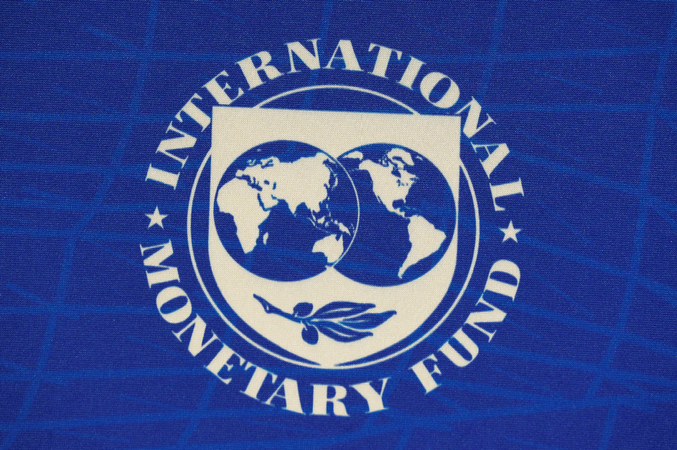The Governor of the Central Bank of Nigeria, Godwin Emefiele, has finally bowed to pressure to revise the bank’s cash withdrawal limits policy.
In a circular on Wednesday by the CBN’s Director of Banking Supervision, Haruna Mustafa, the CBN said it had reviewed upwards the maximum weekly limit for cash withdrawal across all channels by individuals and corporate organisations to N500,000 and N5m respectively.
The CBN attributed the development to the feedback it got from stakeholders.
For transactions above the withdrawal limits, financial institutions are required to get details of the customers and upload same on the CBN portal created for the purpose.
Such information includes a valid means of identification of the payee (national identity card, international passport, or driver’s license), Bank Verification Number of the payee, Tax Identification Number of both the payee and the payer, and approval in writing by the managing director/Chief Executive Officer of the financial institution authorising the withdrawal.
It was also noted that third-party cheques above N100,000 would not be eligible for payment over the counter, while the extant limit of N10m on clearing cheques still subsists.
The CBN urged banks to encourage customers to use alternative channels (Internet banking, mobile banking apps, USSD, cards/Pos, eNaira, etc.) to conduct their banking transactions.
The CBN also said that it recognised the vital role that cash plays in supporting underserved and rural communities and would ensure an inclusive approach as it implements the transition to a more cashless society.
In an earlier circular it issued on December 6, the CBN had said that with effect from January 9, 2023, the maximum over-the-counter cash withdrawal limit by individuals and corporate organisations per week, would be N100,000 and N500,000 respectively, adding that withdrawals above these limits would attract processing fees of five per cent and 10 per cent respectively.
It further stated that maximum cash withdrawal per week via Automated Teller Machines, from January 9, would be N100,000 subject to a maximum of N20,000 cash withdrawal per day.
The apex bank also directed banks to load only N200 and lower denominations into their ATMs.
Following the previous directive, many stakeholders kicked against it.
The Association of Mobile Money and Bank Agents of Nigeria, said that point-of-sale operators would plan to protest as the policy was targeted at killing their source of livelihood.
The House of Representatives summoned the CBN governor and insisted that the bank must not proceed with its cash withdrawal policy.

 News6 years ago
News6 years ago
 Featured6 years ago
Featured6 years ago
 Boss Picks6 years ago
Boss Picks6 years ago
 Headline6 years ago
Headline6 years ago
 Headline6 years ago
Headline6 years ago
 Headline6 years ago
Headline6 years ago
 Headline6 years ago
Headline6 years ago
 Headline6 years ago
Headline6 years ago













